Book Review: Daniil & Vanya by Marie-Helene Larochelle
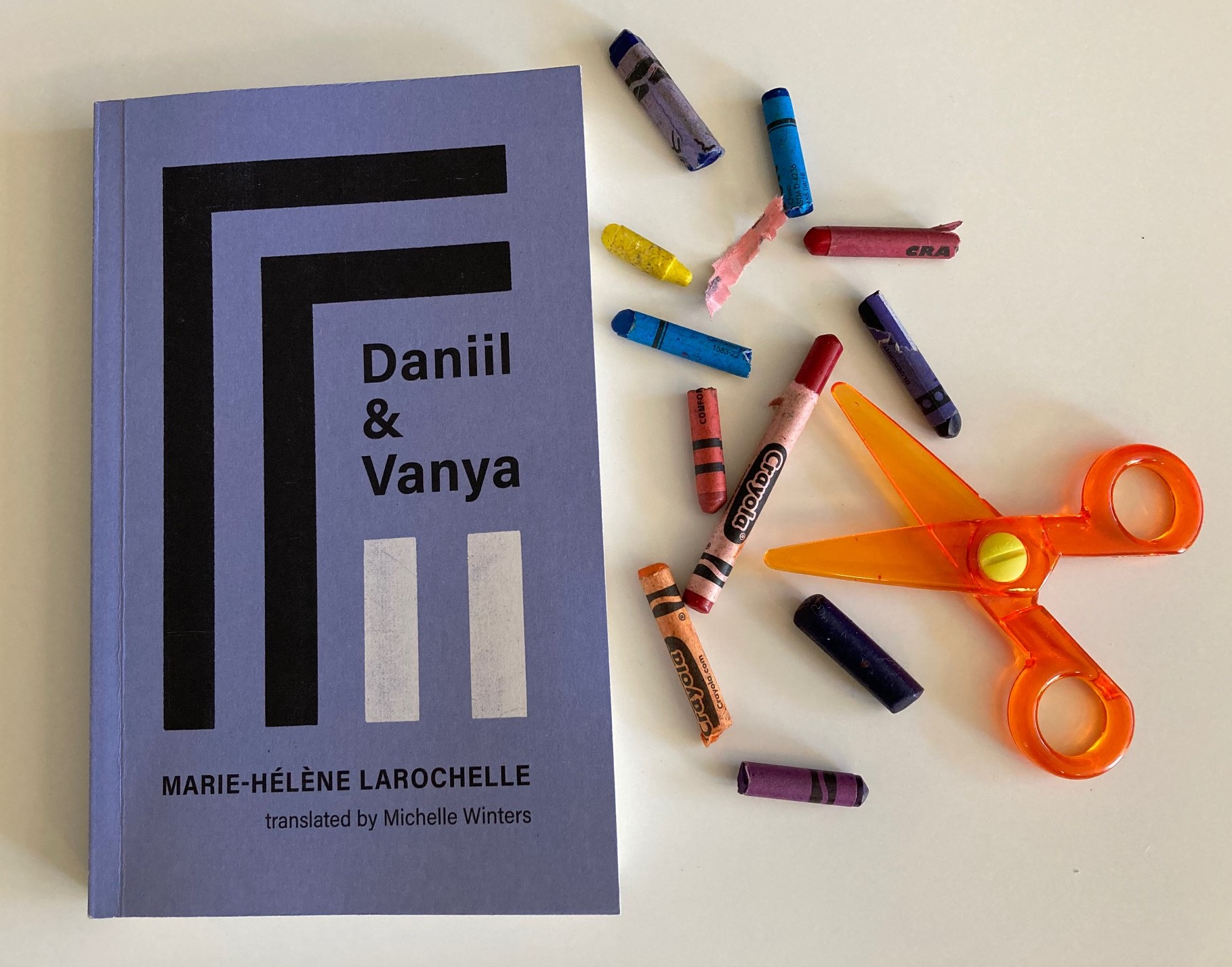
Hoo boy, this book is tough. It’s a difficult story, disturbing on many levels, but compulsively readable at the same time. There are, thankfully, trigger warnings at the beginning, (they call them ‘content notes’), so I’ll reiterate that before my readers go any further. Daniil & Vanya by Marie-Helene Larochelle, translated from the French by Michelle Winters includes references to miscarriage, self-harm, violence against and by children, and sexual abuse. It asks the question, what makes a monster? What do we consider monstrous? What is destiny, and what is by-design? Because I’m a parent, I think I found this book extra upsetting, and perhaps people who chose to remain childless wouldn’t be as bothered by the plot, but most, regardless of their family situation will find this extremely challenging, that I’m sure of. It really made me question why I read, if not for pleasure? I wanted to read this book because despite its dark subject, it has been reviewed positively, and I don’t always read for fun, sometimes I read to gain a new perspective. This book definitely offered that.
Plot Summary
Emma and her husband Gregory lose their first child in a difficult stillbirth, and traumatized from that experience Emma vows to never get pregnant again. Instead, they adopt two twin boys from Russia, and are elated to bring them home to Canada and incorporate them into their stylish, design-driven life. But the boys they bring home don’t match what was recorded in the adoption file, and frantic with the stress of motherhood, Emma isolates herself and the boys in attempts to normalize their behaviour. A strange sense of detachment surrounds Daniil and Vanya, and their ability to quickly become violent frightens those who attempt to befriend them. Unfortunately Gregory and Emma are as naive as they are stubborn, and don’t seek professional help even when others urge them too. We follow the boys as they become teenagers, obsessed with physical perfection and their changing bodies. There is no happy ending in this book, but I doubt anyone will accuse me of spoilers; how could there possibly a happy ending to this?
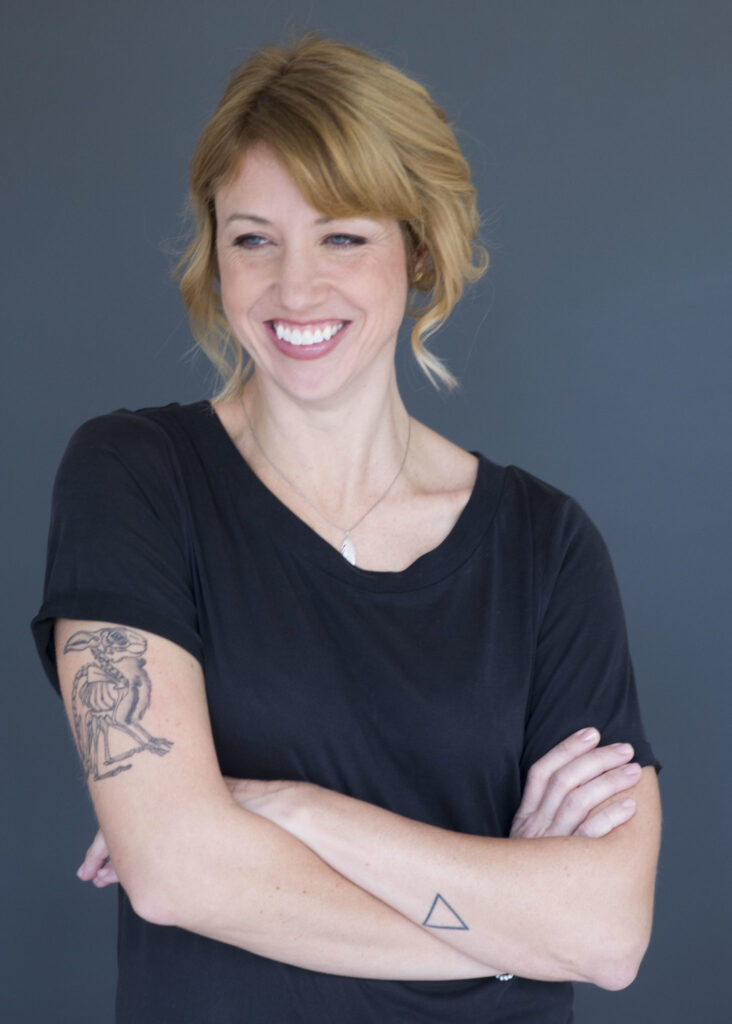
My Thoughts
As you would expect, this book is all about the characters. The plot is driven by their actions, or in this case, inaction, and even though the twins are the center of attention, Emma and Gregory are also expertly drawn, coming alive on the page. It’s not a long book, but it doesn’t need to be, I was so fed up with Emma and Greg that I didn’t want to spend anymore time with them. I was desperate for them to see their own responsibility in what transpires, that perhaps attempting to serve only organic food to their children wasn’t really what these boys needed, but of course that never happens. This novel doesn’t point blame in one direction, but instead, depicts each person’s actions coming together to form a perfect storm of anger, resentment and violence. Greg and Emma’s privilege and wealth insulate them from outside interference, even when it’s clear their family needs help. Social safety-nets in Canada are typically activated when specifically requested by a family member or social worker, so why bother focusing on the families that clearly want for nothing? We assume that a neat and appealing appearance is a reflection of what’s on the inside, but what if the only thing keeping a family together is the effort in keeping up that appearance?
I didn’t expect to love this book, and I honestly can’t say I liked it because it made me so uncomfortable. Still, I am in awe of this book, of its power to agitate and affect me so deeply, it’s been over two weeks since I finished it, but I can’t forget about it. Truth be told, I sort of want it out of my house, but there’s no one I can responsibly give it too without fear of upsetting them. Still, there is value in this kind of literature, it’s important that we read about all sorts of things, not just the stuff that’s pleasant. This is life. This book is realistic, which is what makes it all the more painful to read.
There’s a scene towards the beginning of the book, when Gregory and Emma are in Russia heading to the adoption agency, and they come across a young boy living on the streets, sniffing glue and getting high; they estimate his age to be about 10, Emma comments on the fact that his hands still have that small-child chubbiness to them. That moment is so striking because it places a young vulnerable child in an adult position and role, which is simply foreshadowing of what’s to come. Still, it has stayed with me because I know that children in these poor countries are faced with that and much worse, and as a parent in a first world country, it’s extremely difficult to come to terms with.
You can probably tell how seriously I’m taking this book just by all the introspective questions I’m asking in this review. This fictional story opened my mind to so many different avenues, and for that reason alone I want to recommend it to others. It’s certainly reader beware however, so read the content warnings closely before you commit.

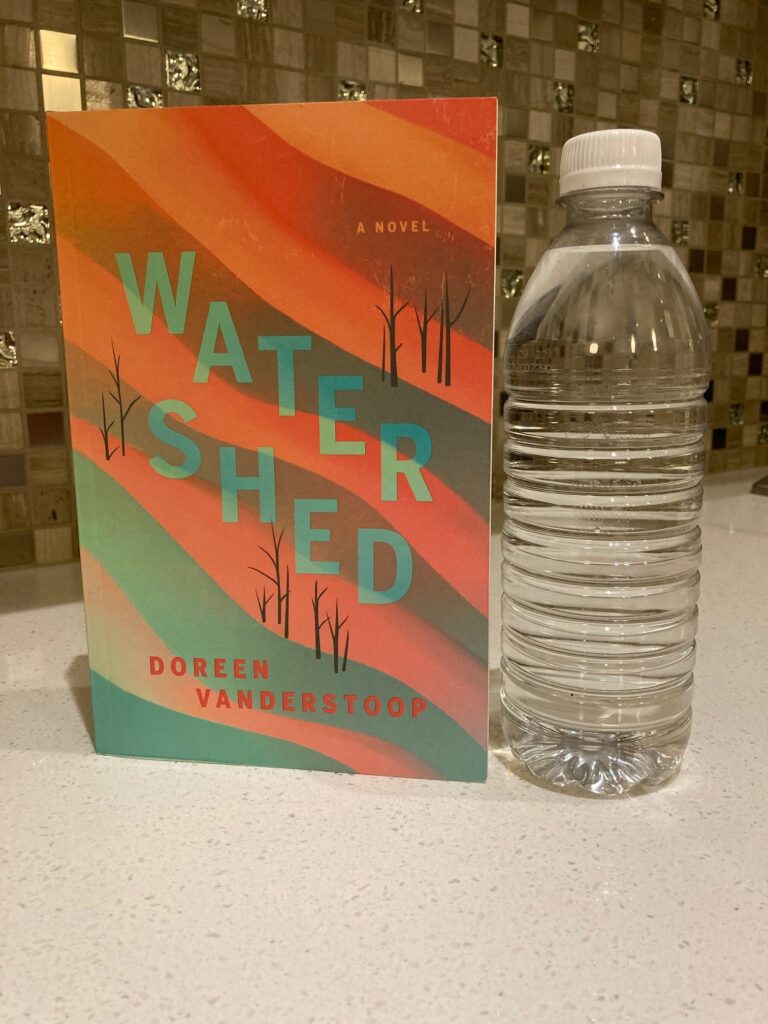
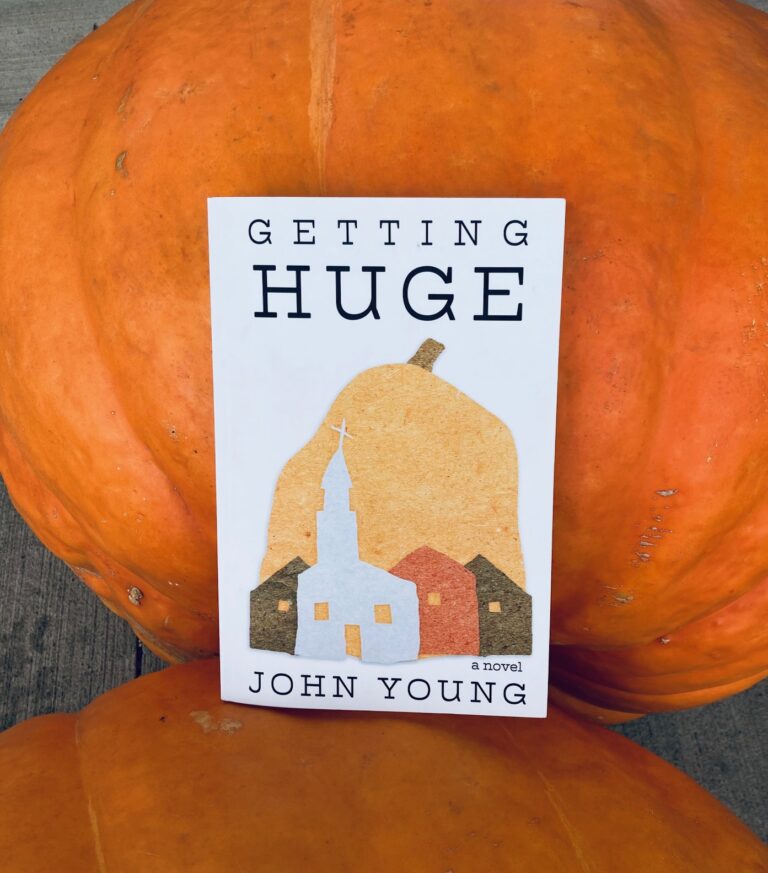
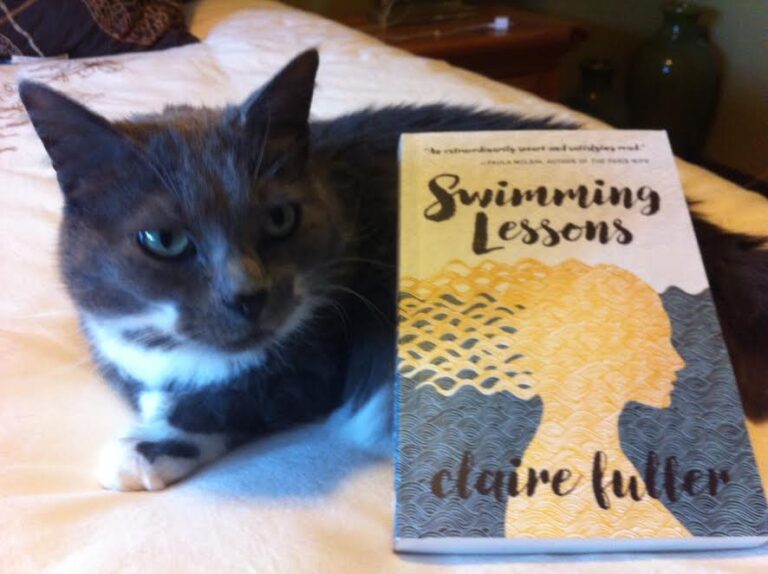
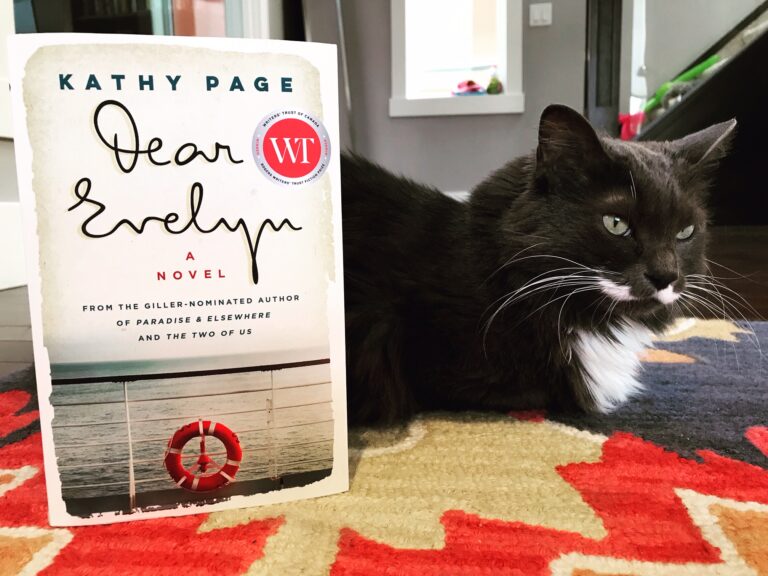
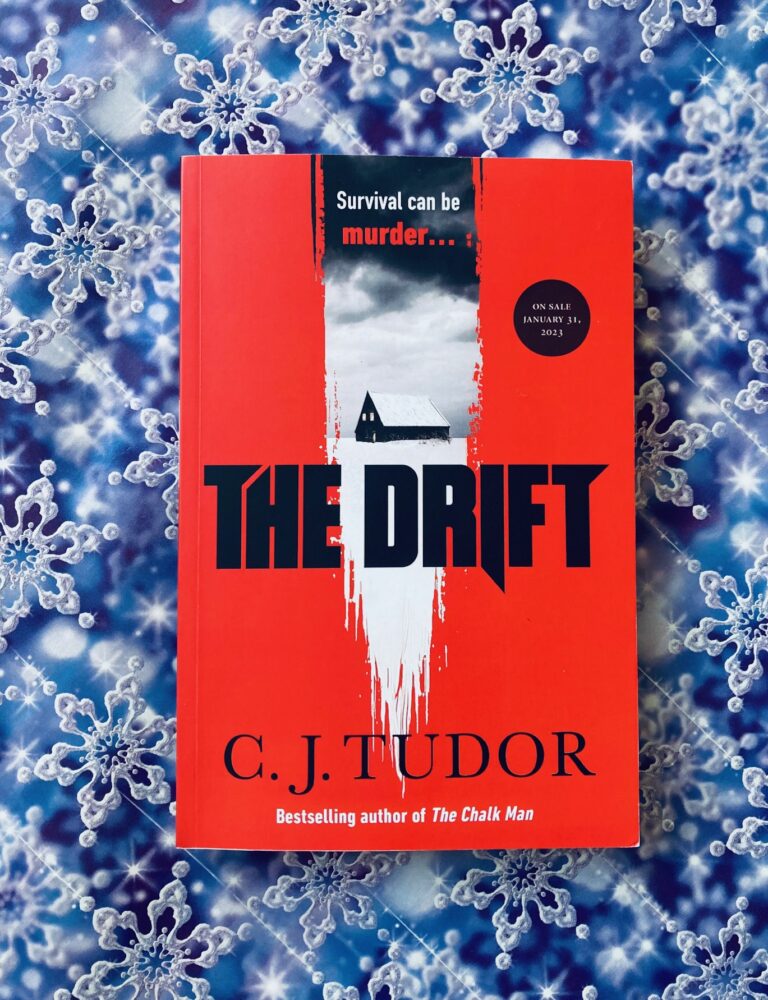
Aw, Anne, I don’t think it’s fair to say that a book about violence from and toward children probably wouldn’t bother people who don’t have children. Choosing to be childless isn’t a declaration that we hate kids or think poorly of them; we just don’t want them with us permanently (for a variety of (sometimes difficult) reasons).
Yes you’re right Melanie, and I didn’t really mean that it wouldn’t bother people, because it would bother anyone! It’s just extra painful as a parent I think, because it’s such a unique relationship to have to another person. I should have reworded that, because this book would be difficult for anyone to read whether they have a child or not
Thank you, Anne. That means a lot to me! I’m always on a crusade for childless people like me, trying to prove that we care about and love children and want a relationship with them, even though we are not parents. Over the years, I’ve lost friends because they had kids and assumed I wouldn’t want to come around anymore. It stings, and also feels…I’m not sure. Exclusive? Like non-parents will never “get it”? But I’ve been a caregiver and I have several children in my life whom I love deeply. It won’t be the same, but I get it. You are lucky in one way: you can call say your kids are assholes without getting in trouble, but people like me can only think it 😂😂😂
You were right to call me out Melanie, I need to pay more attention to that. And I’ve witnessed it too, parents saying other adults just don’t ‘get it’, which I find offensive. Not having children doesn’t make you any less empathetic or in tuned in to what children need. Luckily my non-parent friends and I have stayed closed even after having kids, so I’ve still got a foot in both worlds ;) Also btw I think non-parents are allowed to call kids assholes, it’s usually warranted! LOL
Whoa! This is new to me. I shall test it cautiously.
Sounds interesting! As you know, I worked for some years with boys with behavioural difficulties and in most cases those “monsters” were very definitely made rather than simply born. And while some of them were separated from their natural parents and adopted or fostered, it was often too late to fix them, even with all the professional help that we could give and get for them. It’s one of the reasons I’m against adopting from abroad – over here, prospective adoptive parents or foster parents are extremely checked and trained, and there’s a period of getting to know the child before the placement becomes permanent. And even after all that, the placement is monitored closely for a long time to be sure the parents are coping and the kids are getting any external support they need. And yet it can still go disastrously wrong. But adoptions from abroad are much laxer, and it leaves the child at much greater risk and the parents with much less support.
To clarify, I’m against adopting from abroad unless the adoptions are treated and monitored as rigorously as domestic adoptions, which they’re currently not.
haha yes, I totally get it! That’s reasonable
Hmm that’s really interesting FF, I didn’t know that about you (or maybe I had learned it awhile ago and forgot). One point the author stated she was trying to make was that some kids turning out ‘bad’ isn’t always the parents fault, but I almost got the opposite out of it-I kept shaking my head at things the parents were doing!
Brave woman, Anne! Sounds rather harrowing. I guess we all define how much “harrowing” in literature we can take.
Yes very true, we all have different thresholds for sure
Oh wow, this sounds distressing! Such interesting questions, though… I’m actually tempted to read it. I find questions about nature vs. nurture fascinating.
It is distressing, but incredibly thought-provoking too. My review of the Push coming out in a few weeks deals with a similar subject
Oh dear, I had this on my TBR but I think I might take it off. This sounds both too stressful and too frustrating.
It is quite stressful, it’s one reason why I finished reading it so quickly!